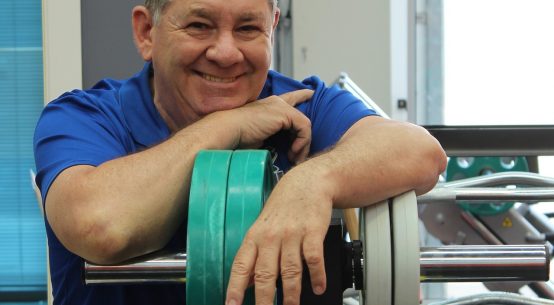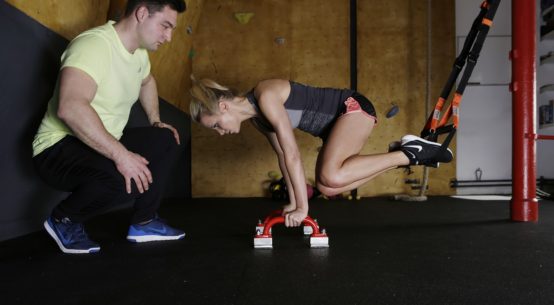
Te Whanganui-a-Tara – High intensity interval training, even as short as four minutes, can be just as beneficial as longer more gentle exercise, if the intensity is high enough, ExerciseNZ chief executive Richard Beddie says.
New research shows low-volume high intensity interval training (HIT) is an effective and time efficient therapy for improving the cardiometabolic health of people with or at risk of metabolic disease, according to a new Western Sydney University study.
Beddie says the findings are great news as often time is cited as one of the major barriers to exercising regularly.
“Short HIIT elicits comparable, and at times superior, improvements in cardiometabolic health outcomes to higher volume moderate-intensity exercise, despite requiring less time and energy expenditure.
“Low-volume HIIT appears to be safe for people wanting more activity, including those with compromised metabolic and cardiovascular health.
“We would expect more people will want to exercise more intensely once the public gets to understand the outcomes of this research.”
The findings from recent trials suggest that low-volume HIIT can induce similar, and at times greater, improvements in cardiorespiratory fitness, glucose control, blood pressure, and cardiac function when compared to longer moderate training.
HIIT is characterised by short bouts of high-intensity exercise interspersed with rest periods are beneficial for adults, with high rates of reported exercise adherence and low adverse effects.
Beddie says the research clearly suggests HIIT, even just four minutes, can induce similar, and at times greater, improvements in cardiorespiratory fitness, especially for certain people such as those adults with type 2 diabetes.
“Physical activity, including structured exercise, is considered a cornerstone therapy for the management,” Beddie says.
“The study found more than 35 percent of adults from high-income countries are considered physically inactive, such as not meeting the recommended World Health Organisation physical activity guidelines.
In New Zealand, only 51.7 percent of adult Kiwis meet WHO guidelines, which is 13th worst in the world, and worse than all New Zealand’s major trading partners.
For further information contact Make Lemonade NZ editor-in-chief Kip Brook on 0275 030188



